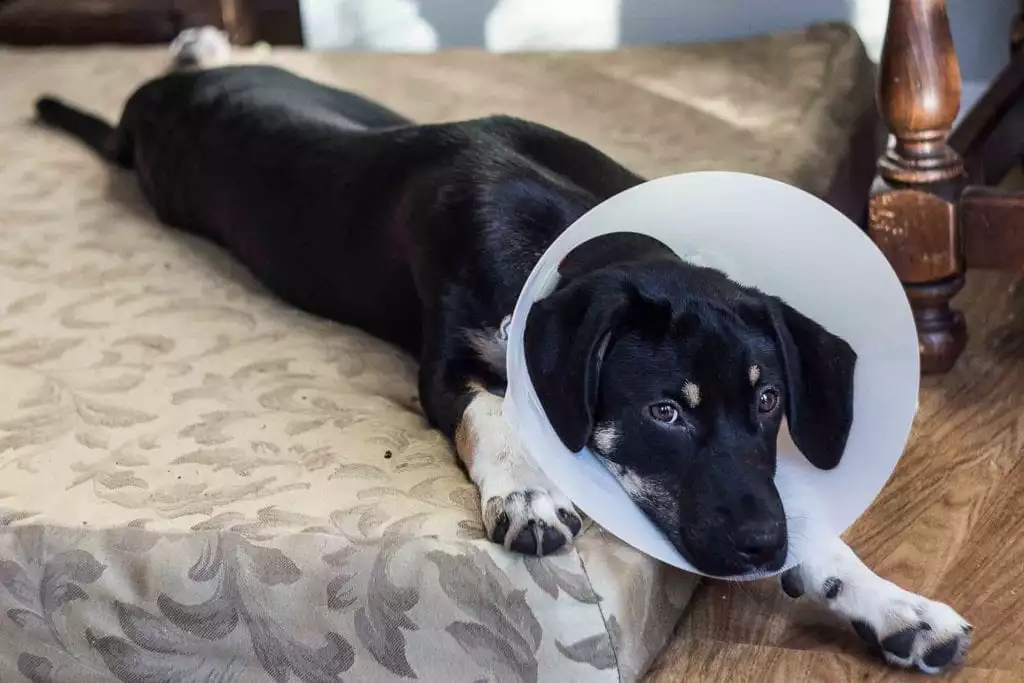 There are numerous benefits to spaying and neutering animals. While reducing unwanted litters, controlling the pet population, and minimizing health risks definitely top the list, many owners are equally concerned with behavior. Will your dog’s behavior change after spaying or neutering them? This is a common concern, but the good news is that any change is either very minor or is completely positive.
There are numerous benefits to spaying and neutering animals. While reducing unwanted litters, controlling the pet population, and minimizing health risks definitely top the list, many owners are equally concerned with behavior. Will your dog’s behavior change after spaying or neutering them? This is a common concern, but the good news is that any change is either very minor or is completely positive.
Let’s Talk About Personality
It’s a common question among pet owners: will spaying or neutering change your pet’s personality? The short answer is no.
An animal’s distinct, individual personality is the result of genetics and their environment. Their hormones, while directly affecting behaviors, do not create or shape disposition or unique character traits.
Similarly, the misconception of neutered males becoming overweight has more to do with overfeeding and under-exercising than whether or not they’re “fixed.”
Same-Same
Generally speaking, if your pet is naturally sweet, playful, and loving, they will retain these qualities after spaying or neutering them. However, because they won’t have hormones coursing through them, their motivations will change. Most notably, they won’t be restless, physically involved with other animals, or intensely searching for something other than what’s at home. In short, after spaying or neutering your pet, you can spend more time chilling out together!
Ideal Time
Pets 6-9 months old are ideal candidates for this procedure, but pets can be “fixed” at any age. Of course, doing so before they reach sexual maturity helps inhibit the emergence of hormone-related behaviors.
The Bennies
Some owners prefer not to spay or neuter their pets because they want to breed them. Without this routine procedure, pets tend to display sexual behavior, aggressiveness, and roaming behaviors. In fact, after spaying or neutering, pets are remarkably less likely to urine mark, mount, roam, and behave aggressively toward other pets.
Because it can take up to 6 weeks for these patterns to wane, it’s incredibly important to keep newly neutered males away from unspayed females.
Home Sweet Home
After spaying or neutering, pets may exhibit calmer, more mellow characteristics. However, perhaps the biggest benefit comes in the form of decreased health risks. Because the reproductive organs are removed, pets have a significantly decreased chance of developing testicular and ovarian cancers later in life.
Lastly, doing your part to help control the pet population is a huge boon to your community and local shelter system.
If you have any questions or concerns about what to expect after spaying or neutering your pet, please give us a call. Our friendly veterinarians and staff are always here for you!
Recent Posts
About Us
We know that choosing the right veterinarian for your pet (and you) can be a challenge. Yet, with our stress-free handling, our long-term, experienced staff, and a state-of-the-art facility, we make the decision an easy one!
